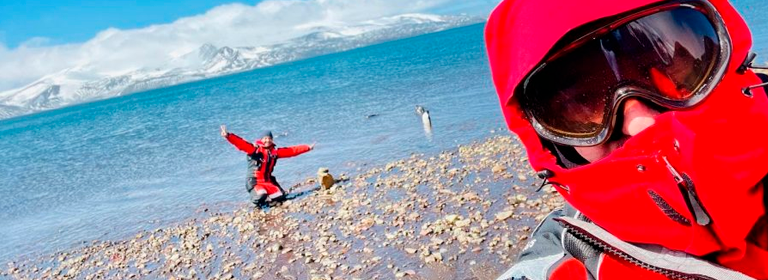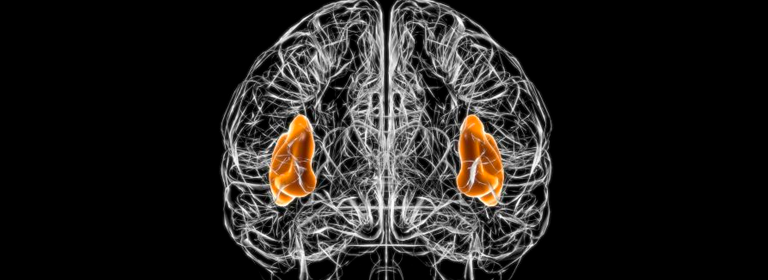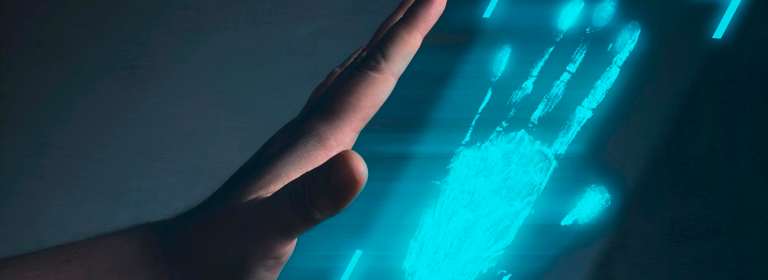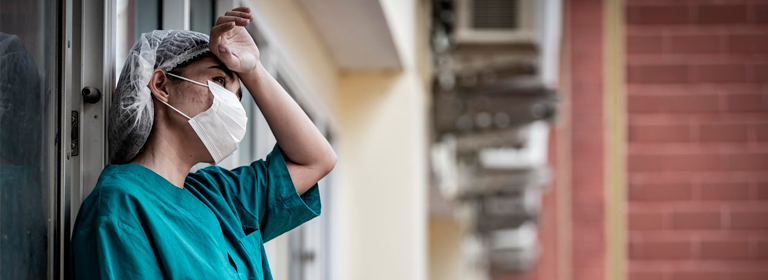The microbiologist Aparna Banerjee, a member of a research center belonging to the Universidad Católica del Maule, began the study of water and sediments that she extracted from the fumaroles of a solitary island in Antarctica.
 The analysis of water and sediment samples taken in Antarctica by Aparna Banerjee, a microbiologist from the Center for Research and Advanced Studies of Maule (CIEAM), is in its initial stage, in search of bacterial polysaccharides with the potential to become food additives.
The analysis of water and sediment samples taken in Antarctica by Aparna Banerjee, a microbiologist from the Center for Research and Advanced Studies of Maule (CIEAM), is in its initial stage, in search of bacterial polysaccharides with the potential to become food additives.
«We sent the filtered water samples to Spain for chromatography analysis, a chemical procedure that allows us to separate and identify the different organic compounds. We also sent those samples to the United States and China and others, we are analyzing with colleagues from UCM, Universidad de Antofagasta and Universidad de Concepción,» said the Ph.D. in Botany, who collected the specimens on Deception Island together with another CIEAM member, Alexis Castillo.
 «I am dedicated to the microbiology of the samples, which is the main part of the project, isolating bacteria in the laboratories of the Universidad Autónoma de Chile, with which we have an alliance in this,» added the academic.
«I am dedicated to the microbiology of the samples, which is the main part of the project, isolating bacteria in the laboratories of the Universidad Autónoma de Chile, with which we have an alliance in this,» added the academic.
Banerjee presented the advances of the initiative financed by the Chilean Antarctic Institute (INACH, in Spanish) in a virtual seminar, which counted with the participation of Rajesh Sani, professor of the South Dakota School of Mines and Technology in the United States.
«Professor Sani will collaborate in the analyses. The samples were extracted from eight intertidal vents, which constantly register abrupt changes due to the movement of the tides and which have temperatures ranging from 24 °C to over 100 °C,» she pointed out.
Deception Island —an active volcano that emerges from the ocean with a curious horseshoe shape— is located in the Bransfield Strait, and its landscape is characterized by volcanic slopes, beaches with fumaroles and glaciers covered by ashes. The expedition to the lonely island took place last December and lasted 25 days.
«The work has just begun, and I hope it will bring us many surprises,» said the academic.
The research also involves scientists Alexander Galán and Alex Echeverría of the Universidad Católica del Maule, Gustavo Cabrera of the Universidad de Concepción, Paris Lavín of the Universidad de Antofagasta, André Guimarães of the Macao University of Science and Technology in China, and Víctor Parro of the Centro de Astrobiología in Spain.













